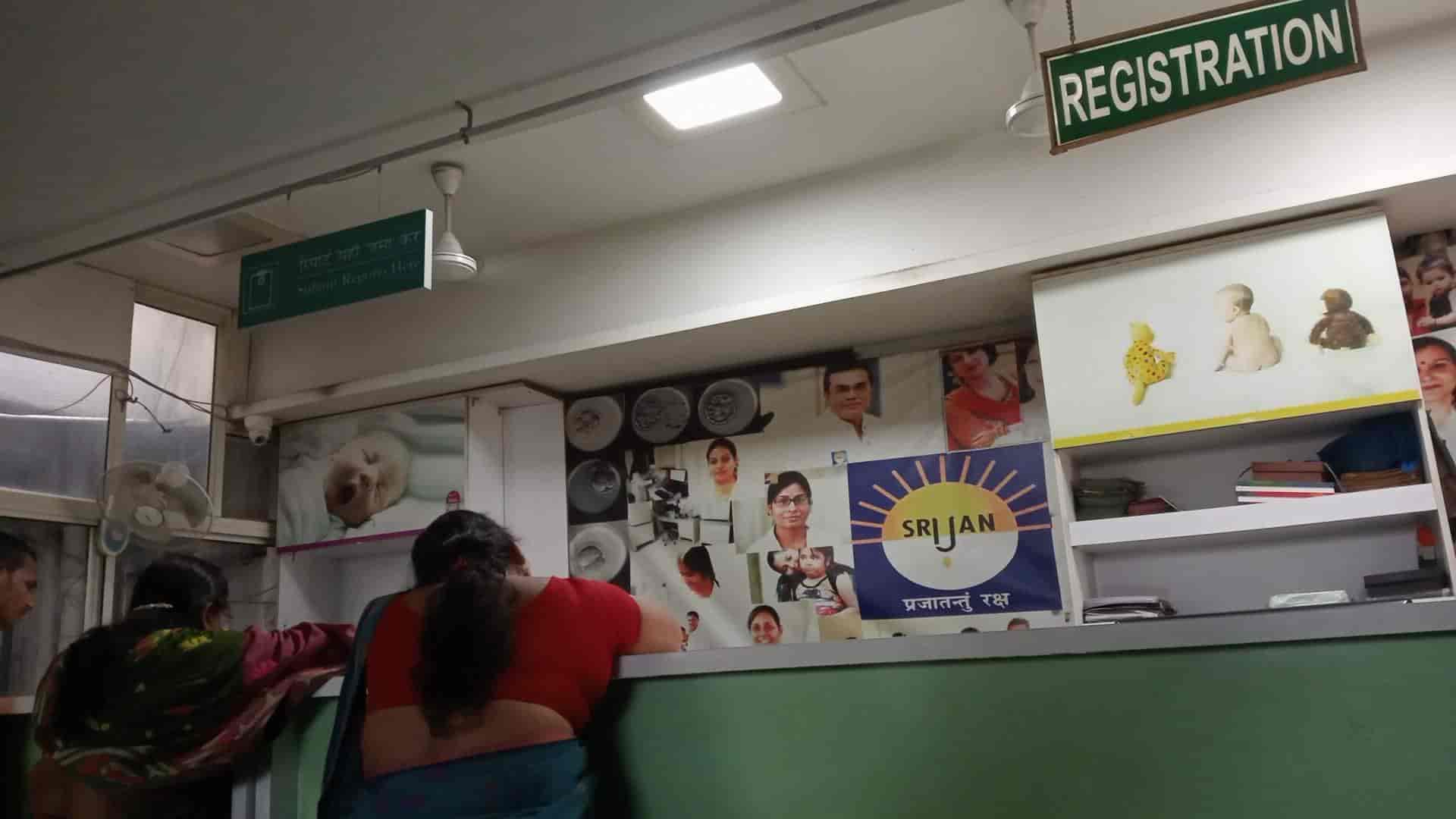One More Baby Dies in Patna: How the Medical System is Costing Lives – One At A Time!

Sanjana Chawla, TwoCircles.net
Raj and Pooja (names changed on request) were in Patna, Bihar, earlier this month for the delivery of their first child. The couple traveled from their hometown of Gopalganj to consult well-known gynaecologist Dr Sharika Roy at the Shivam Hospital & Research Institute in Kankarbagh. What was supposed to be the best day of their lives turned into a nightmare as their baby died in the womb due to alleged medical negligence.
The family of the deceased baby shared their harrowing experience, detailing how they lost their child due to alleged delayed responses, unavailability of the attending doctor and lack of proper antenatal care. They stressed the need for stricter regulations and accountability.
Raj recounted how their experience took a troubling turn during Pooja's third trimester. She was admitted to Shivam Hospital on September 25, where the couple completed the paperwork and paid the admission fees by 7:30 AM. Pooja had her first pre-op ultrasound at around 11:30 AM instead of 8 AM, but they didn't raise concerns as everything seemed fine. However, the medical staff checked Pooja and the baby allegedly only three times over the 12-15 hours they were at the hospital.
Raj noted that instead of continuous monitoring, checks allegedly occurred only at 11:30 AM, around 4 PM and then at 7:30 PM. By then, he sensed something was wrong, but nurses allegedly reassured him that everything was under control despite the baby's low heartbeat. “No doctor came to visit us, and we had different nurses asking for the diagnosis and medications,” he added.
Pooja was scheduled to deliver by 8 PM, but alleged delays ensued due to the unavailability of doctors. When Raj realised the baby’s heart had stopped, he alerted the police and called for doctors, but none were available. Dr Roy allegedly arrived around 10:30 PM and blamed the couple for admitting Pooja late, despite her due date being 1-2 weeks away. Upon operating, the doctor declared it a stillbirth.
This incident highlights how inadequate training, overburdened healthcare infrastructure and lack of adherence to medical protocols contributed to a tragedy that could have been avoided.
Raj criticised Dr Roy for inducing labor prematurely to maximise deliveries, stating, “The baby’s growth was stunted, yet she induced artificial pain without initiating an emergency C-section.” He added that the hospital's refusal for continuous ultrasounds stemmed from a lack of radiologists.
Attempts to contact Dr Roy went unanswered, and the hospital administration declined to comment despite requests. This is not an isolated case; numerous couples have shared similar grievances online, seeking justice.
Sonu Gupta from Patna condemned the hospital for mismanagement and staff arrogance, stating, “Madam (Dr. Sarika Roy) doesn’t give even a second’s worth of time.” Ashutosh Kumar echoed this sentiment, highlighting that “90% of delivery cases are handled by untrained nursing staff".
Mantu Shubham recounted his sister’s experience at Shivam Hospital, where staff prescribed multiple tests and medications without Dr Roy's consultation, raising concerns about patient safety. Sweta Kumari added that Dr Roy often left patients in critical condition in the hands of her staff, administering heavy doses indiscriminately.
The current legal framework for medical negligence in India, including the Indian Penal Code and the Consumer Protection Act, requires strengthening and updating. The government’s initiatives, like the Ayushman Bharat Yojana and the National Health Policy, set the stage for much-needed reform.
Shikha, a former patient, revealed how Dr Roy "exploits" rural women, confiscating smartphones to leave fraudulent positive reviews online. Such predatory behavior is unethical and immoral.
Raj and Pooja, now grieving the loss of their child, have filed a complaint with the Patrakar Nagar police station and are discussing legal action against Dr Roy and the hospital. However, nothing can bring back their lost child, and they feel hopeless.
India has seen a significant rise in medical negligence cases, with devastating consequences. Over 5.2 million cases are reported annually, and more than 70% of healthcare providers lack adequate training. The National Library of Medicine emphasises that over 80% of rural hospitals lack basic infrastructure, exacerbating the crisis.
According to the National Institute of Health, medical negligence can stem from misdiagnosis, incorrect treatment, lack of access to medical records, surgical errors and inadequate follow-up care. The absence of robust mechanisms to address negligence cases perpetuates the problem.
Medical negligence is a complex issue that claims thousands of lives and devastates families each year. Urgent attention is needed to address this crisis. By implementing strong measures and laws, we can create a safer, more accountable healthcare environment, saving lives and rebuilding trust between patients and providers.
India must learn from countries like the US, UK and Australia, which have implemented measures to address medical negligence such as mandatory reporting, independent review panels and patient compensation schemes. Establishing a National Medical Negligence Commission could standardise protocols and enhance patient education and awareness.
